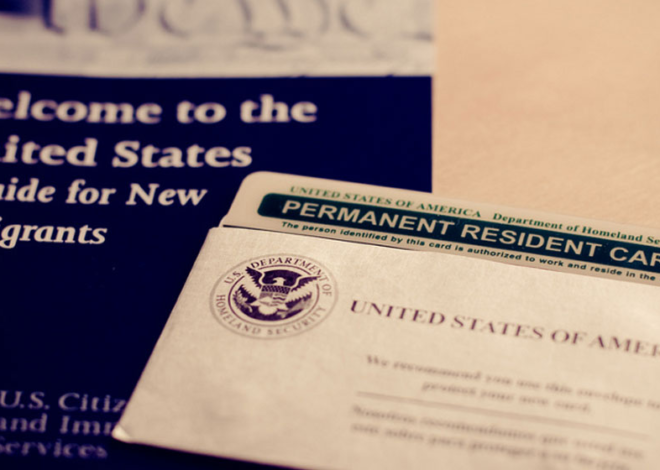
Trump Intensifies Pressure on Harvard with Threats to Tax-Exempt Status
In a significant escalation of tensions between the Trump administration and Harvard University, President Donald Trump has threatened to revoke the institution’s tax-exempt status and federal funding. This move follows Harvard’s refusal to comply with federal demands related to its handling of campus protests and diversity initiatives.
Background of the Dispute
The conflict centers around Harvard’s response to pro-Palestinian protests on campus and its diversity, equity, and inclusion (DEI) programs. The Trump administration has accused the university of fostering an environment that promotes antisemitism and radical left ideologies. In response, Harvard has rejected federal demands to eliminate DEI initiatives, ban pro-Palestinian student groups, and allow audits for ideological diversity, citing concerns over academic freedom and constitutional rights.
Federal Actions Against Harvard
In retaliation for Harvard’s stance, the administration has taken several punitive actions. The Department of Homeland Security has canceled two grants totaling $2.7 million and is reviewing $9 billion in federal contracts and grants to the university. Additionally, the Internal Revenue Service is reportedly planning to revoke Harvard’s tax-exempt status, a decision that could have significant financial implications for the institution.
Wider Implications for Higher Education
Harvard is not the only institution facing scrutiny. The Trump administration has extended similar demands to other elite universities, including Columbia, Princeton, Brown, Cornell, and Northwestern. These actions are part of a broader campaign to influence university policies and curricula, particularly concerning issues of diversity and political expression.
Legal and Political Reactions
The administration’s actions have sparked widespread criticism. Former President Barack Obama condemned the move as a threat to academic freedom and constitutional rights. Legal experts argue that the government’s attempts to influence university policies through funding cuts and threats to tax-exempt status may violate the First Amendment protections of free speech and academic independence.
Conclusion
The escalating conflict between the Trump administration and Harvard University represents a pivotal moment in the ongoing debate over the role of government in regulating higher education. As the situation develops, it raises critical questions about the balance between federal authority and institutional autonomy in academic settings.







